How To Make Compost In Days
Composting is a great way to reduce your environmental impact and improve your garden. It's also a relatively easy process that can be done at home. If you're short on time, you can even make compost in 10 days.
In this blog post, I'll show you how to make compost in 10 days using the hot composting method. This method is a bit more involved than traditional composting, but it produces compost much faster.
What is hot composting?
Hot composting is a method of composting that uses high temperatures to speed up the decomposition process. This method works by creating an environment that is ideal for the microorganisms that break down organic matter. The microorganisms thrive in warm, moist conditions, so the hot composting method involves adding water and turning the compost pile regularly.
How to make compost in 10 days
Here are the steps on how to make compost in 10 days using the hot composting method:
- Gather your materials. You'll need a compost bin, a source of green materials, a source of brown materials, water, and a garden fork.
- Build your compost pile. Start by adding a layer of brown materials to the bottom of the compost bin. Then, add a layer of green materials. Continue alternating layers of brown and green materials until the compost bin is full.
- Water your compost pile. The compost pile should be moist, but not soggy. Add water as needed to keep the compost moist.
- Turn your compost pile. Turning the compost pile helps to aerate it and speeds up the decomposition process. Turn the compost pile every 2-3 days.
- Wait 10 days. In 10 days, your compost should be ready to use.
Tips for making compost in 10 days
Here are a few tips to help you make compost in 10 days:
- Use a variety of green and brown materials. This will help to create a balanced compost pile that will decompose quickly.
- Shred your materials. Shredding your materials will help them to decompose faster.
- Keep your compost pile moist. The compost pile should be moist, but not soggy.
- Turn your compost pile regularly. Turning the compost pile helps to aerate it and speeds up the decomposition process.
- Be patient. It takes time for compost to decompose. Don't expect to have finished compost in 10 days.
Conclusion
Making compost in 10 days is possible with the hot composting method. This method is a bit more involved than traditional composting, but it produces compost much faster. If you're short on time, but you want to start composting, the hot composting method is a great option.
Making compost for your garden is a great way to reduce waste and improve your soil health. There are many different ways to make compost, but the basic process is to mix together organic materials, such as food scraps, yard waste, and paper products. As these materials decompose, they release nutrients that can be used by plants.
If you're interested in learning more about how to make compost, I recommend visiting Garden Wiki. This website has a wealth of information on composting, including step-by-step instructions, tips, and troubleshooting advice.
FAQ of making compost for a garden
What are the key steps to successful composting?
The key steps to successful composting are:
- Choose the right composting method. There are many different ways to compost, so you'll need to choose a method that's right for you. Some popular methods include vermicomposting, bokashi composting, and traditional composting.
- Get the right ingredients. You'll need a mix of carbon-rich and nitrogen-rich materials to make compost. Carbon-rich materials include dry leaves, plant stalks, and twigs. Nitrogen-rich materials include grass clippings, food scraps, and manure.
- Add the right amount of moisture. Your compost should be moist, but not soggy. If it's too wet, it will become anaerobic and start to smell. If it's too dry, it will not break down properly.
- Turn your compost regularly. Turning your compost helps to aerate it and speed up the decomposition process.
- Be patient. Composting takes time. It can take several months or even years for your compost to be ready to use.
What are some common mistakes people make when composting?
Some common mistakes people make when composting include:
- Starting too small. Composting doesn't have to be a big project. You can start with a small bin or tumbler and add more materials as you go.
- Not adding enough nitrogen-rich materials. Nitrogen-rich materials are essential for the composting process. If you don't add enough, your compost will not break down properly.
- Overwatering your compost. Compost should be moist, but not soggy. If it's too wet, it will become anaerobic and start to smell.
- Not turning your compost regularly. Turning your compost helps to aerate it and speed up the decomposition process.
- Not being patient. Composting takes time. It can take several months or even years for your compost to be ready to use.
What are some things to avoid when composting?
Some things to avoid when composting include:
- Adding meat, dairy, or oils to your compost. These materials can attract pests and can also make your compost smell bad.
- Adding diseased plants or plant material that has been treated with pesticides or herbicides. These materials can contaminate your compost and make it unsafe to use.
- Adding non-organic materials to your compost. These materials will not break down and can actually harm the composting process.
What are the benefits of using compost in my garden?
Compost is a great way to improve the quality of your garden soil. It adds nutrients, helps to improve drainage, and can also help to suppress plant diseases. Compost can also help to attract beneficial insects and earthworms to your garden.
How do I use compost in my garden?
Compost can be used in a variety of ways in your garden. You can add it to the soil at planting time, or you can use it as a mulch around your plants. You can also make compost tea, which is a liquid fertilizer that can be applied to your plants.
Image of making compost for a garden
- Image of a pile of compost in a backyard garden.
- Image of a person turning a compost pile with a pitchfork.
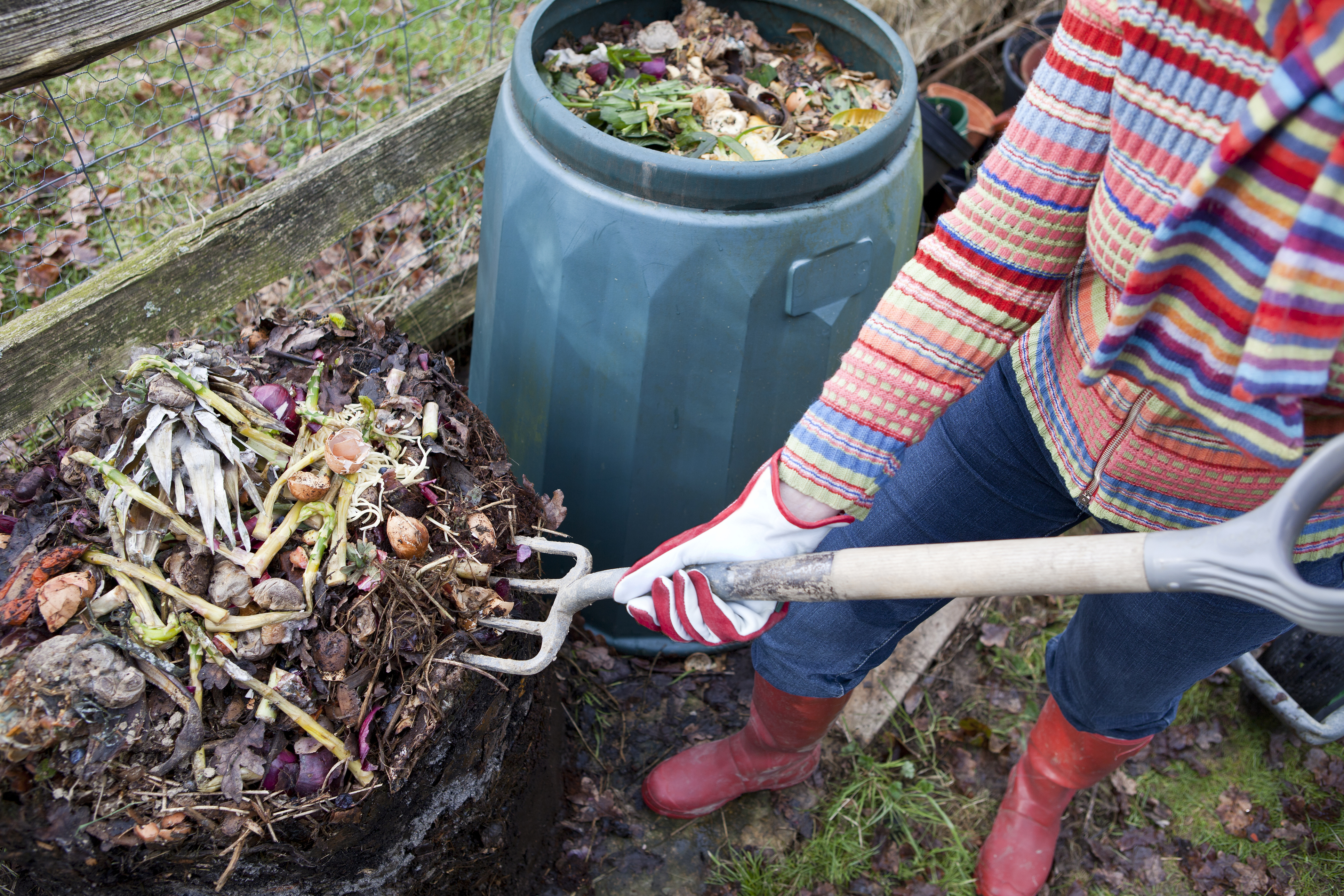
- Image of a person adding kitchen scraps to a compost bin.
- Image of a person adding leaves to a compost pile.
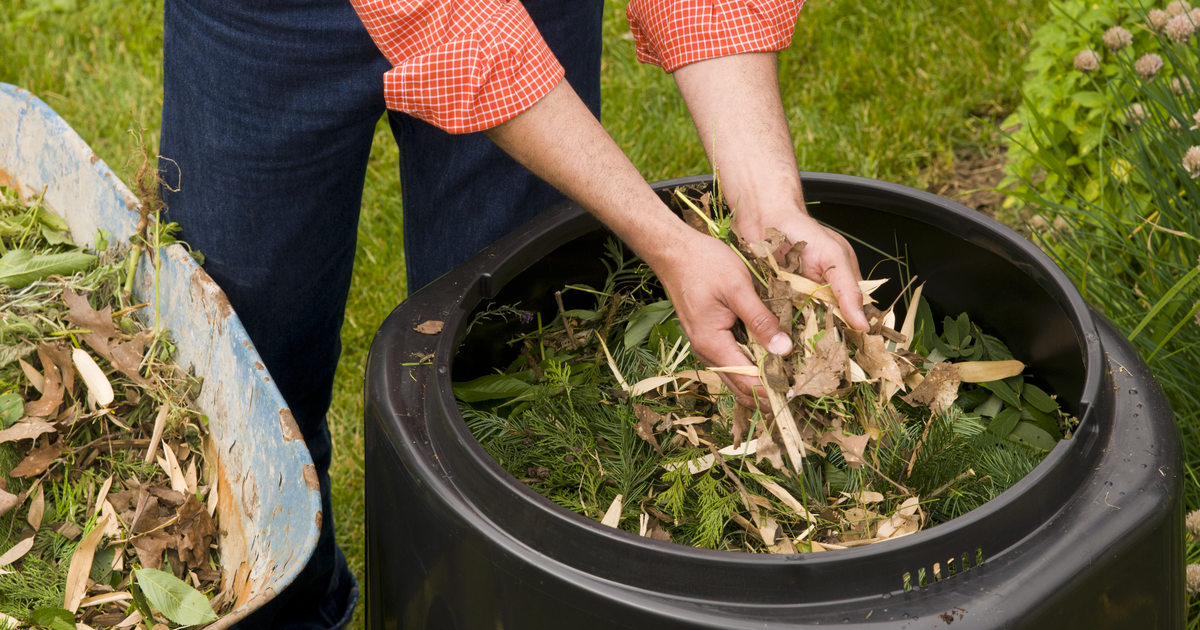
- Image of a worm bin full of composting worms.
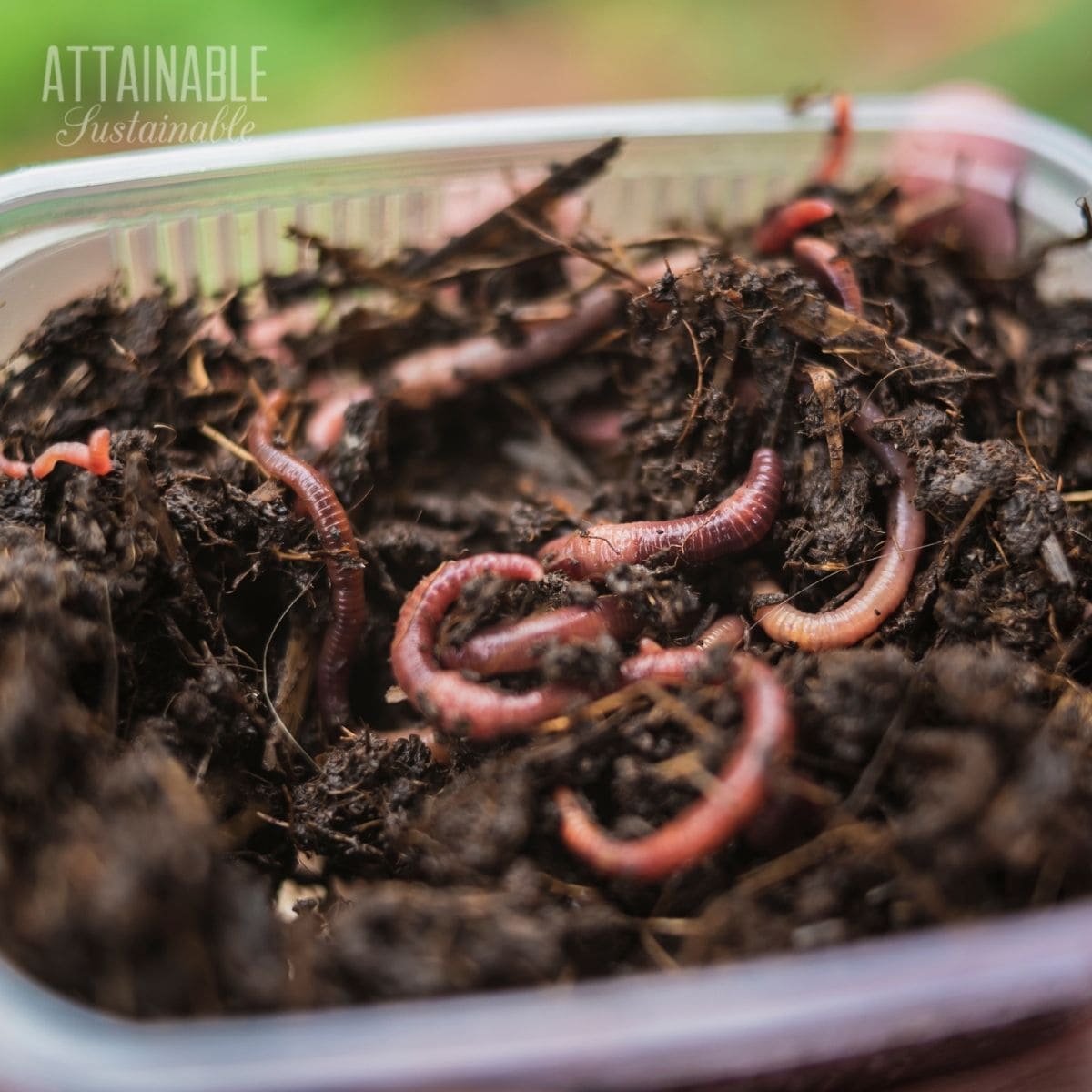
- Image of a tumbler composter.

- Image of a vermicomposting bin.
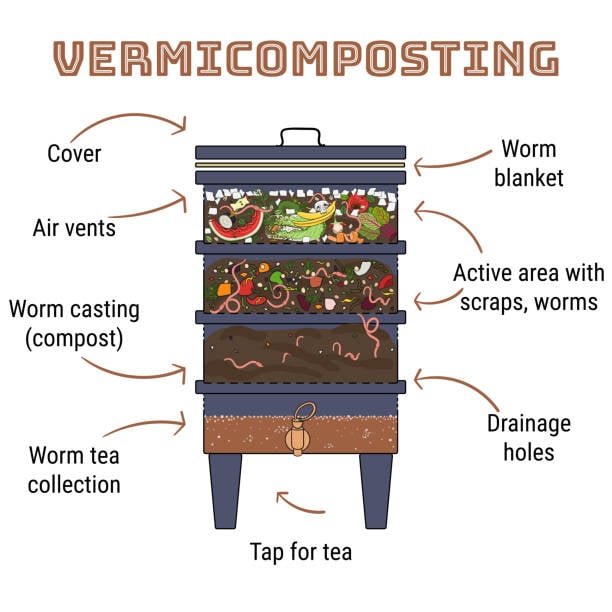
- Image of a compost tea brewing.
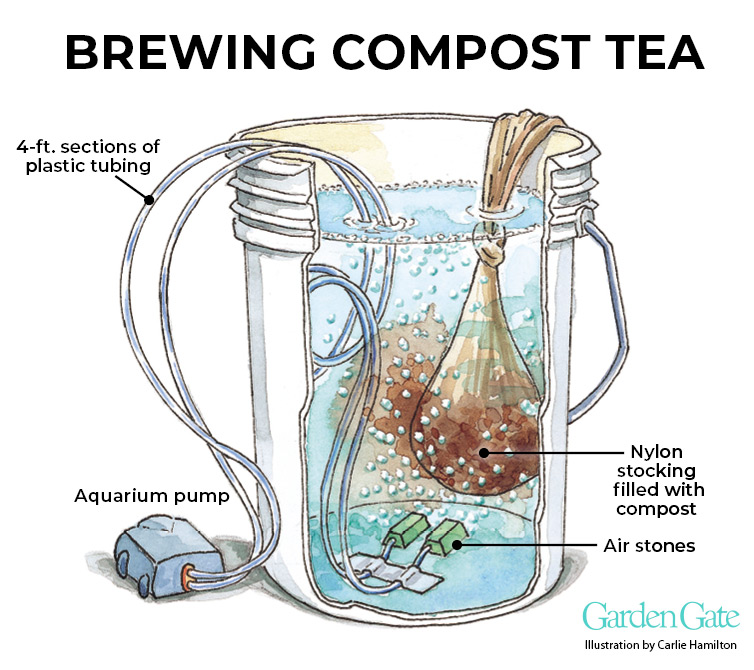
- Image of a person using compost to fertilize a garden bed.
- Image of a healthy, thriving garden.
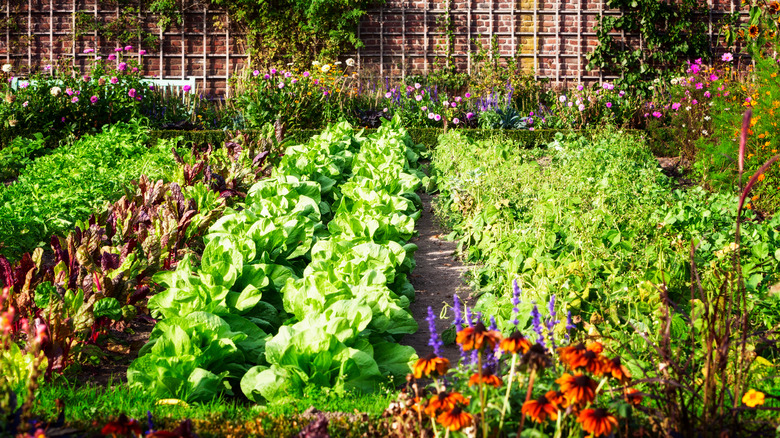
Post a Comment for "How To Make Compost In Days"